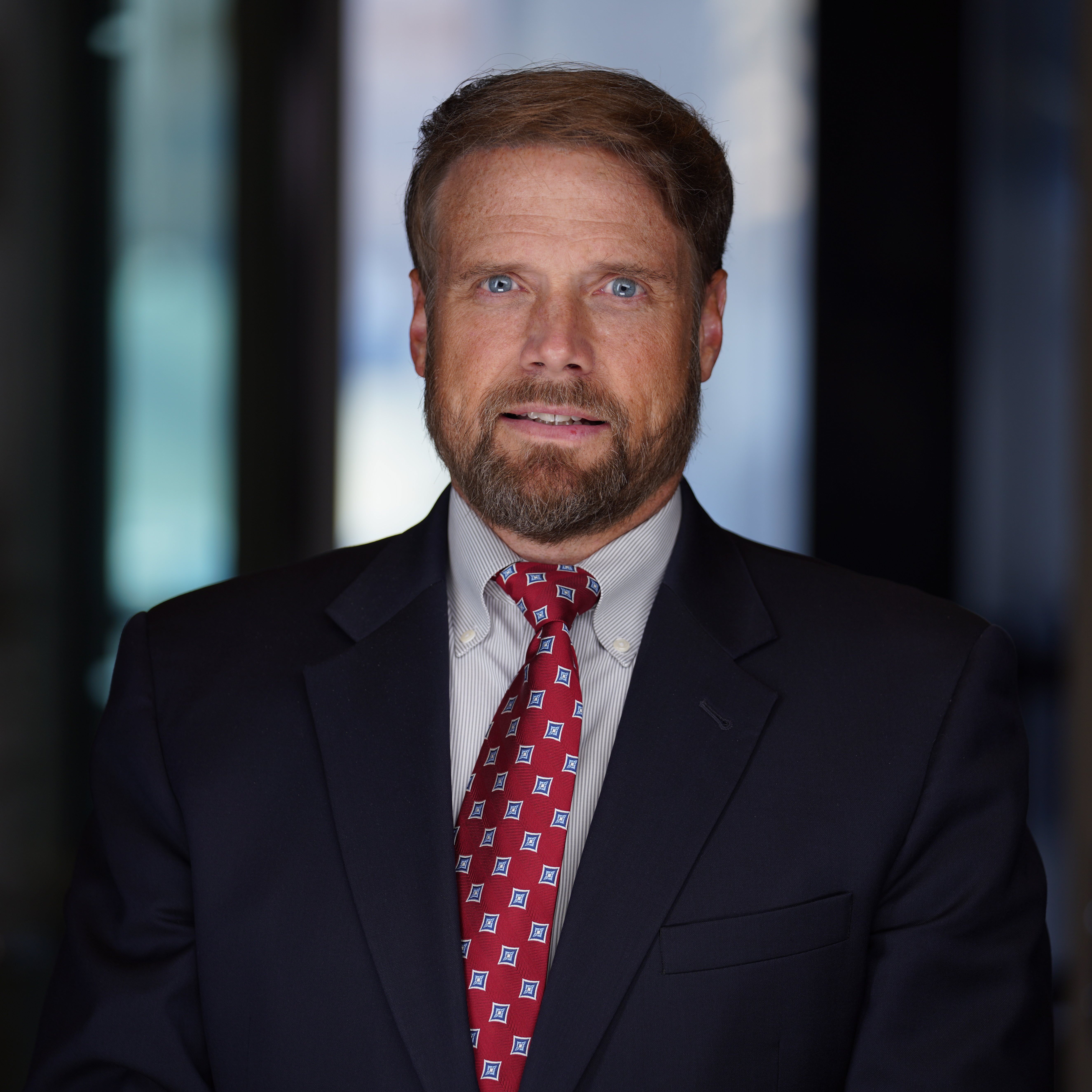A business loan can be a powerful tool for expanding your business or refinancing your debt in today’s fast-changing economy, and both secured and unsecured options can come in handy. Many small business owners, however, are not familiar with the difference between these types of business loans. Understanding what sets them apart can help you select the type that’s best for your business.
What is the difference between secured and unsecured business loans?
July 01, 2025 | 4 minute read

Answered by
Roderick Wilson
Small Business Lending Product Executive
Bank of America
Secured business loans
These are business loans backed by collateral, meaning an asset such as equipment, inventory or real estate owned by you or your business. The lender will place a lien on the collateral. Examples of secured loans include mortgages (which are secured by the actual property you are buying), construction loans (secured by the property where you are doing the construction), equipment and auto loans (secured by the car, truck or big machinery you might be buying) and a home equity line of credit (secured by the home).
Because you could lose property if you default, secured business loans are not without risk. However, in exchange for taking that risk, you will find secured loans may have lower interest rates than unsecured loans. Financing terms may also be better, meaning you might have more time to pay off the loan.
Unsecured business loans
An unsecured business loan is not backed by collateral. Instead, it is based solely on how creditworthy you are, which rests on factors such as your personal and business credit history. Lenders tend to view unsecured loans as riskier than secured loans, so they usually require that borrowers have a satisfactory credit history and pay them back more quickly. Because the loan is not secured by a valuable asset, unsecured loans also may carry higher interest rates than secured loans. Uses for unsecured loans may include a one-time purchase of a large piece of equipment, expansion or updates to the location of your business.
Secured vs. unsecured business loans
Both secured and unsecured business loans can help you grow your business. If you own equity in a valuable asset such as commercial real estate, you may find that secured loans give you access to lower interest rates and longer payment terms, making them more affordable and putting less pressure on you as you repay your lender every month. However, if you don’t want to put up collateral or don’t have the type of asset that can be used as collateral, an unsecured loan can be a valuable tool, allowing you to access the funds you need quickly.
Before you consider either type of loan, review the terms and interest rates carefully. Create a cash flow budget to determine your ability to make payments over time or ask your CPA for guidance. Then talk with a lender or banker to evaluate collateral for a secured loan. If you are not comfortable putting up collateral (or don’t have any), an unsecured loan could be best.
As a business owner, it is important to consider both the risks and rewards of any loan. Any type of financing has both advantages and disadvantages, so it is important to consider your unique situation and ability to pay back the loan when deciding on the option that’s best for you.
Explore more
Ready to meet with a specialist?
Our specialists are ready with advice and guidance to help move your business forward.
What is a business loan and how do I get one?
A business loan is a way for companies to borrow funds for business purposes, such as bolstering working capital or purchasing commercial property.
Important Disclosures and Information
Bank of America, Merrill, their affiliates and advisors do not provide legal, tax or accounting advice. Consult your own legal and/or tax advisors before making any financial decisions. Any informational materials provided are for your discussion or review purposes only. The content on the Center for Business Empowerment (including, without limitations, third party and any Bank of America content) is provided “as is” and carries no express or implied warranties, or promise or guaranty of success. Bank of America does not warrant or guarantee the accuracy, reliability, completeness, usefulness, non-infringement of intellectual property rights, or quality of any content, regardless of who originates that content, and disclaims the same to the extent allowable by law. All third party trademarks, service marks, trade names and logos referenced in this material are the property of their respective owners. Bank of America does not deliver and is not responsible for the products, services or performance of any third party.
Not all materials on the Center for Business Empowerment will be available in Spanish.
Certain links may direct you away from Bank of America to unaffiliated sites. Bank of America has not been involved in the preparation of the content supplied at unaffiliated sites and does not guarantee or assume any responsibility for their content. When you visit these sites, you are agreeing to all of their terms of use, including their privacy and security policies.
Credit cards, credit lines and loans are subject to credit approval and creditworthiness. Some restrictions may apply.
Merrill Lynch, Pierce, Fenner & Smith Incorporated (also referred to as “MLPF&S” or “Merrill”) makes available certain investment products sponsored, managed, distributed or provided by companies that are affiliates of Bank of America Corporation (“BofA Corp.”). MLPF&S is a registered broker-dealer, registered investment adviser, Member SIPC, and a wholly owned subsidiary of BofA Corp.
Banking products are provided by Bank of America, N.A., and affiliated banks, Members FDIC, and wholly owned subsidiaries of BofA Corp.
“Bank of America” and “BofA Securities” are the marketing names used by the Global Banking and Global Markets division of Bank of America Corporation. Lending, derivatives, other commercial banking activities, and trading in certain financial instruments are performed globally by banking affiliates of Bank of America Corporation, including Bank of America, N.A., Member FDIC. Trading in securities and financial instruments, and strategic advisory, and other investment banking activities, are performed globally by investment banking affiliates of Bank of America Corporation (“Investment Banking Affiliates”), including, in the United States, BofA Securities, Inc., which is a registered broker-dealer and Member of SIPC, and, in other jurisdictions, by locally registered entities. BofA Securities, Inc. is a registered futures commission merchant with the CFTC and a member of the NFA.
Investment products:


